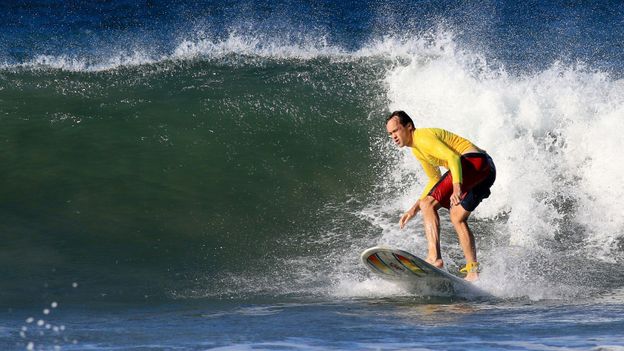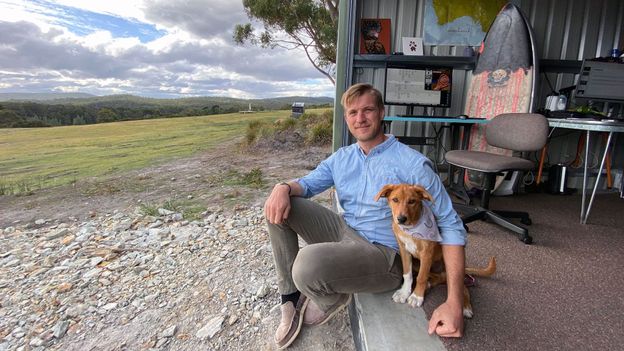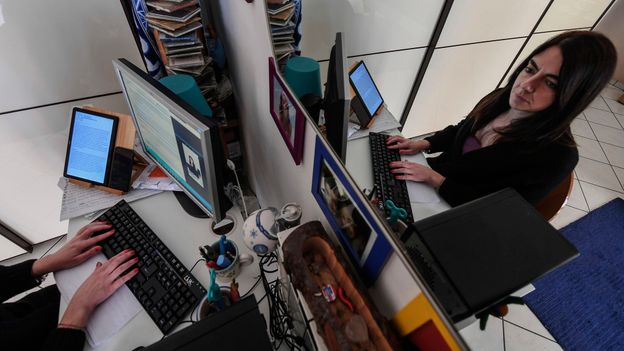Tom Vanderbilt’s fascination with the process of life-long learning began with his daughter’s hobbies: piano, soccer, Tae Kwon Do. He wanted to encourage her new pursuits, and accompanied her to the lessons or tournaments. As she exercised her mind, he would answer emails, play with his phone or stare into space until his daughter had finished.
He soon recognised the hypocrisy of the situation. “I was impressing upon her the importance of having a broad education in all these different skills,” he says. “But she might have easily asked me, ‘Well, why don’t you do all these things then?’”
Starting with chess lessons, he decided to spend a year pursuing a range of new skills himself. He learnt to sing, draw, juggle and surf. At no point did he hope to fully master the abilities or to show off his prowess with an extraordinary feat, such as winning American Idol.
“As adults, we instantly put pressure on ourselves with goals,” he says. “We feel like we don’t have the luxury to engage in learning for learning’s sake.” Instead, he wanted to revel in the pleasure of the process.
Vanderbilt details his journey in his January 2021 book Beginners, which combines his own personal revelations with the cutting-edge science of skill acquisition. Keen to find out more, we discussed the myths of adult learning, and the substantial benefits that the “beginner’s mindset” can bring to our lives.
How to learn well
Beginning the project in his late 40s, Vanderbilt knew that he would struggle to match the learning abilities of children like his daughter. Children are especially good at picking up patterns implicitly – understanding that certain actions will lead to certain kinds of events, without any explanation or description of what they are doing. After the age of 12, however, we lose some of that capacity to absorb new information.











